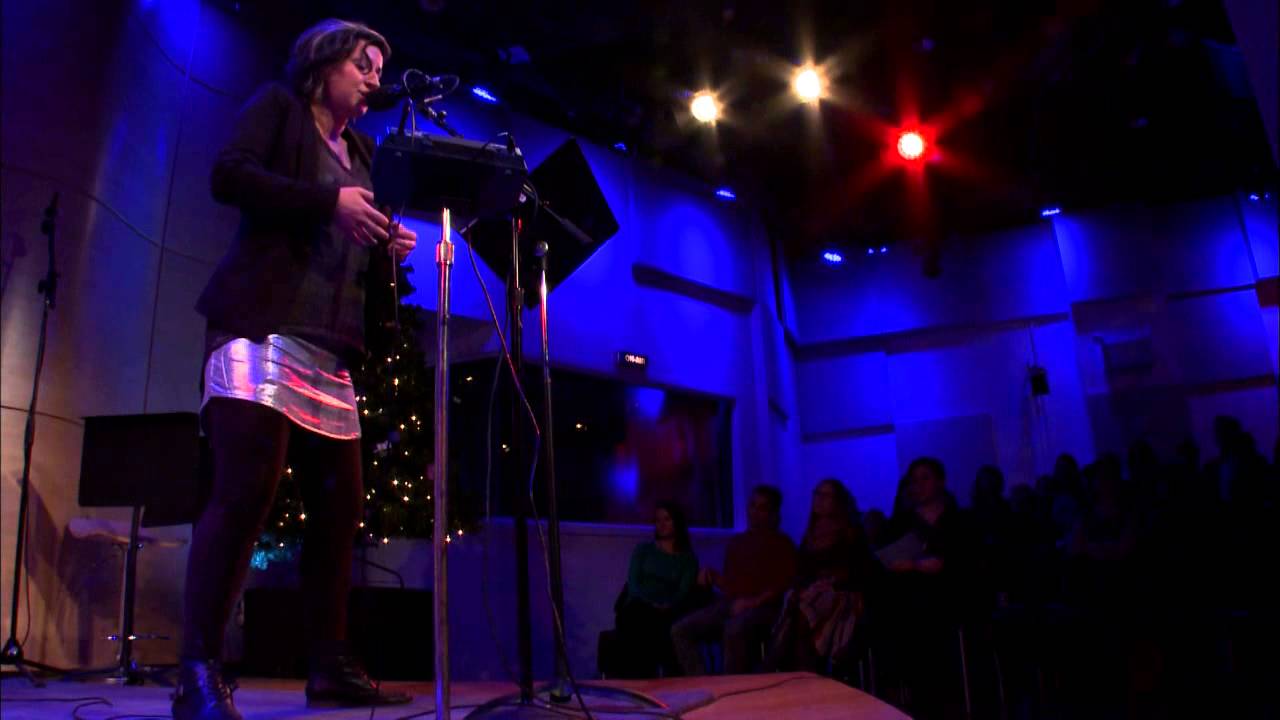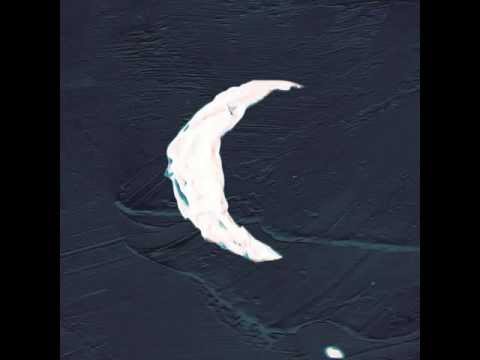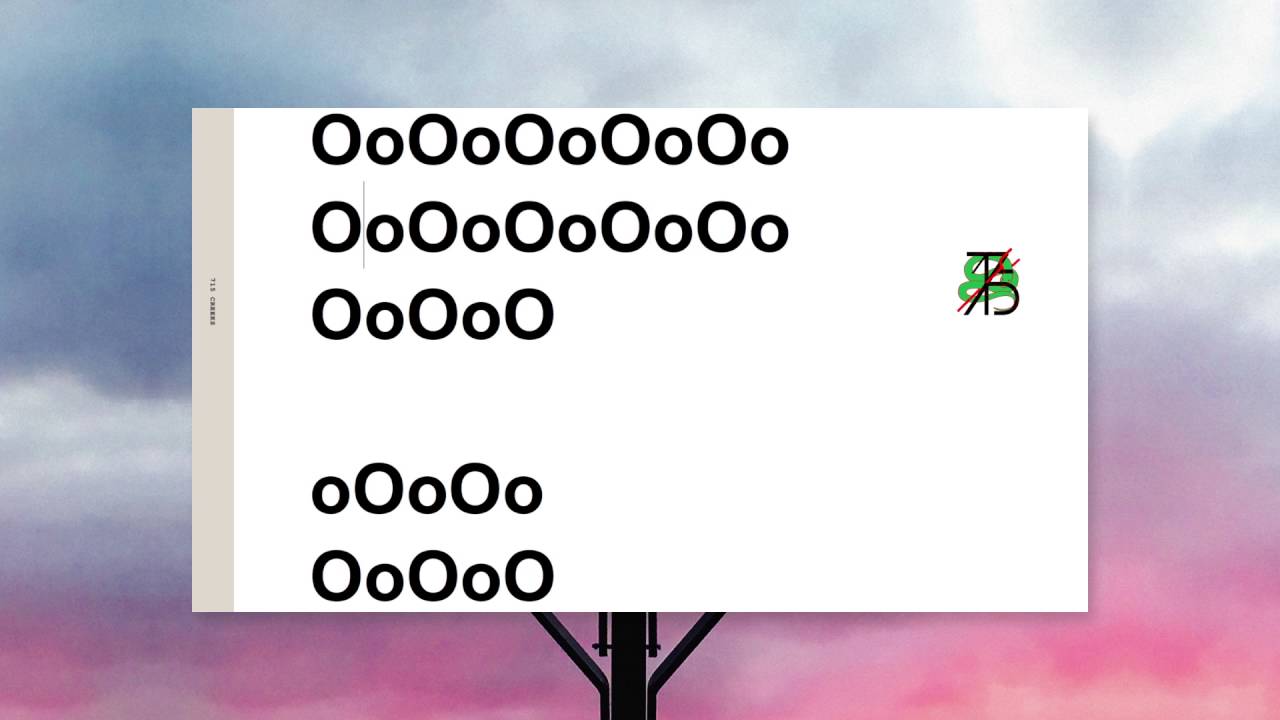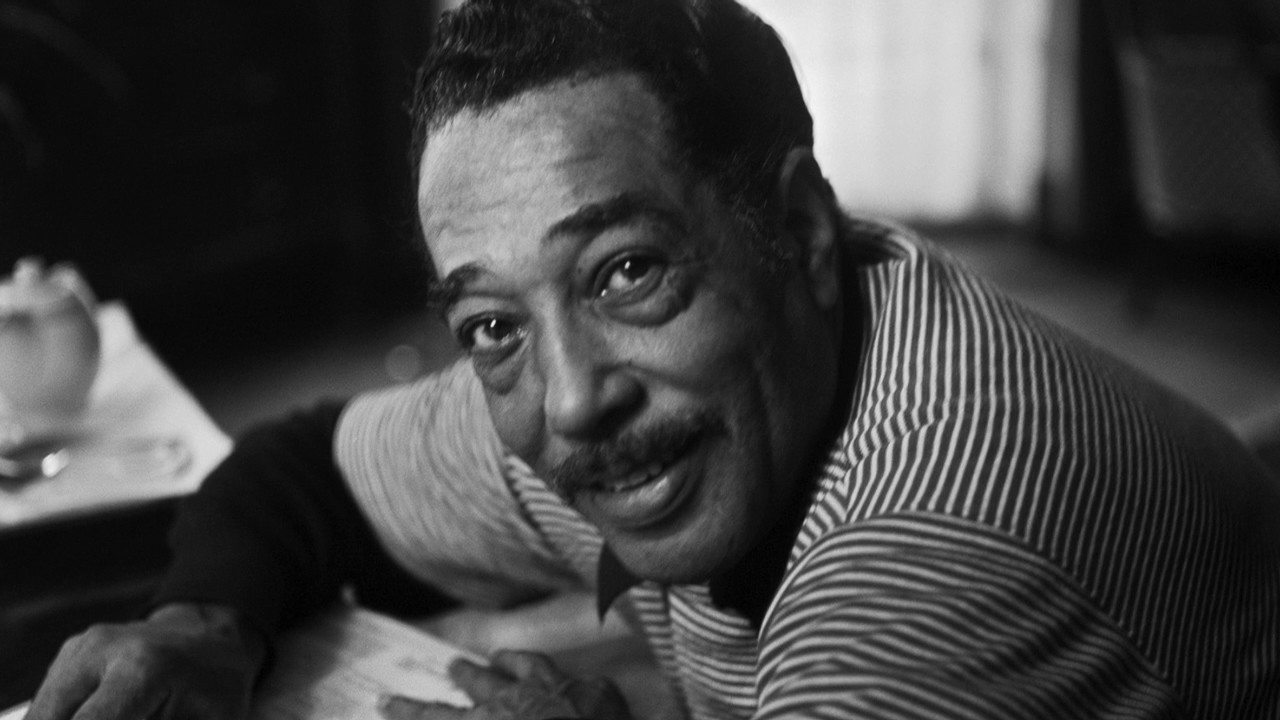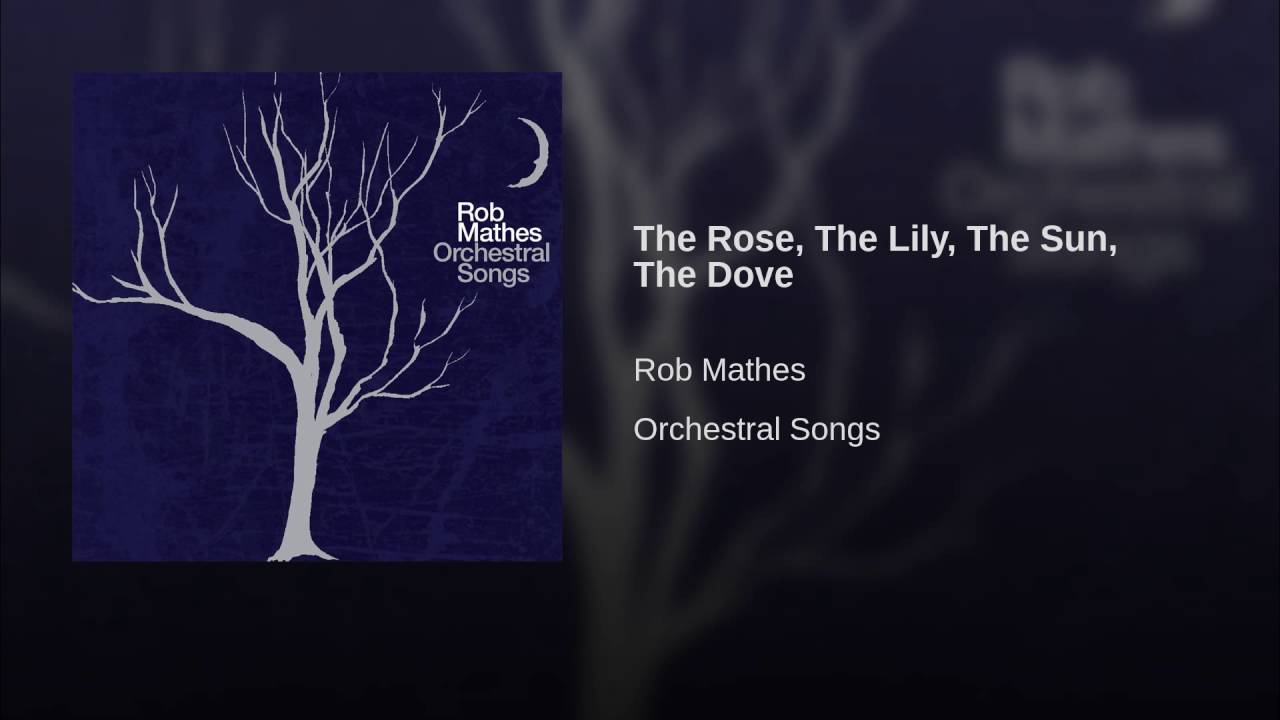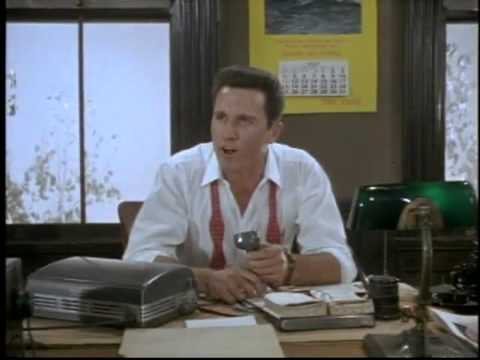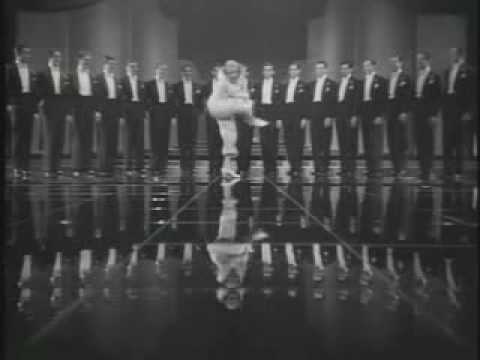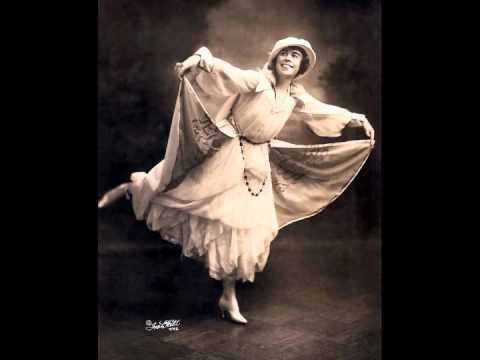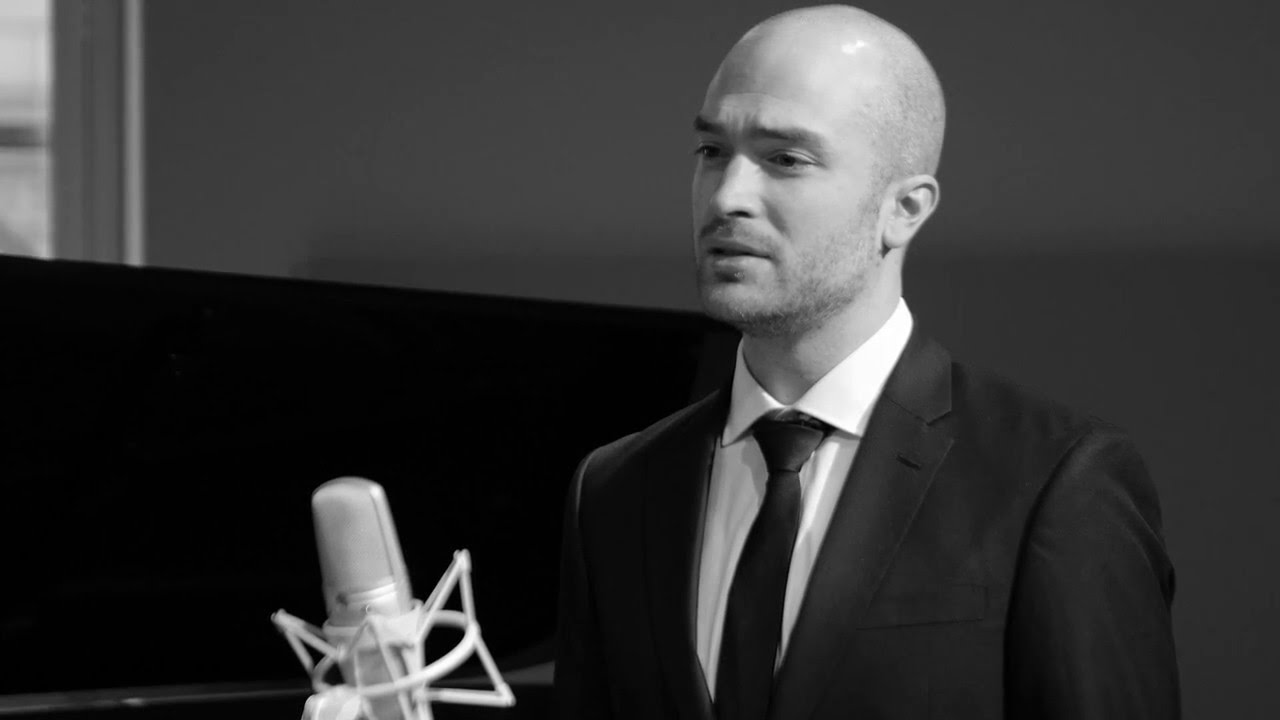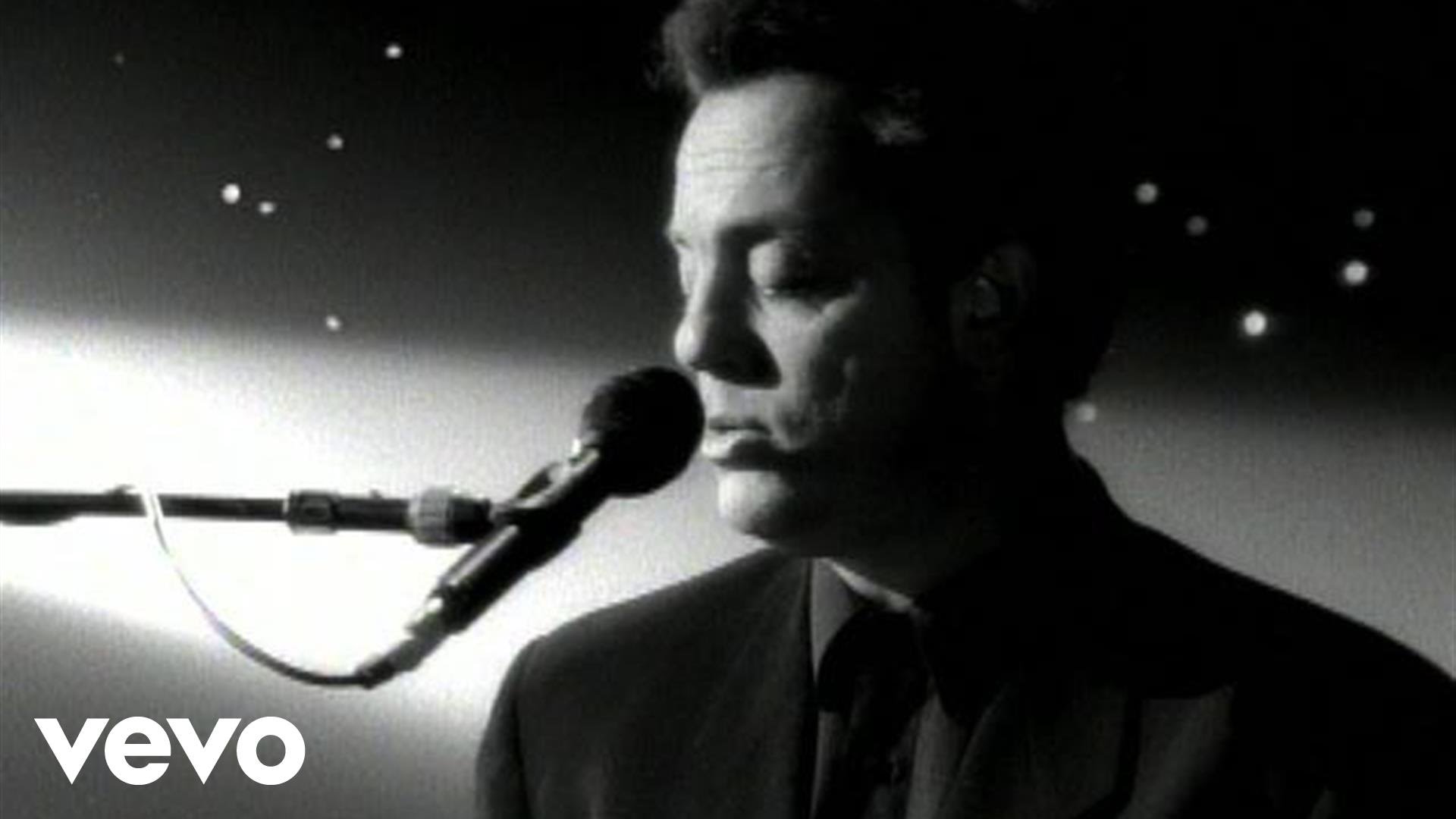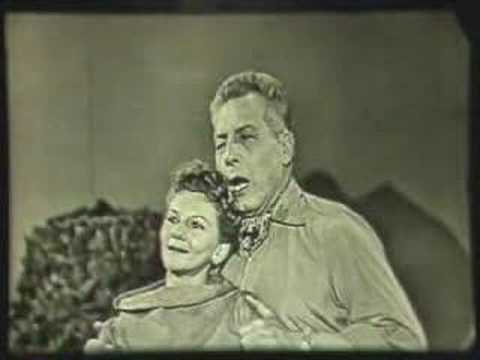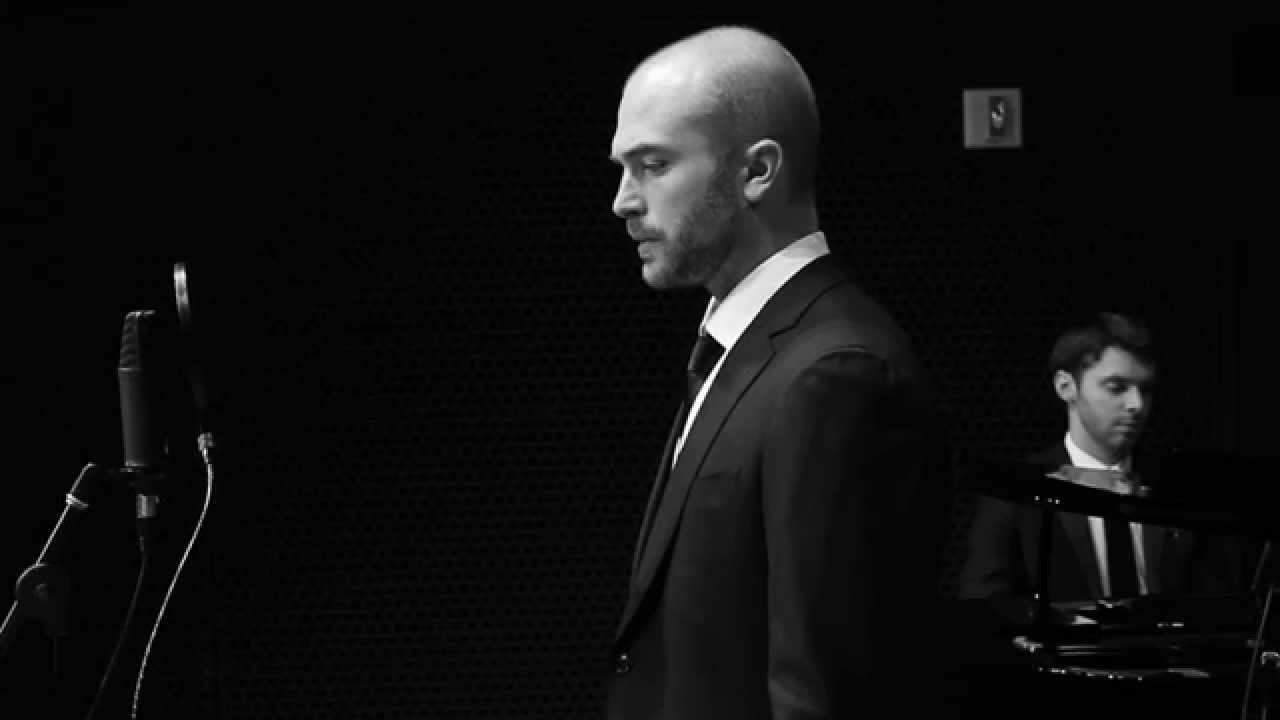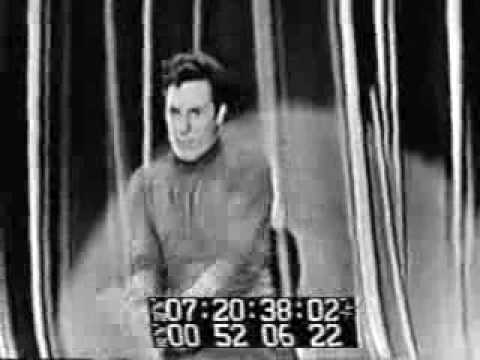John Cage: The Wonderful Widow of Eighteen Springs
I really adore this little John Cage song, “The Wonderful Widow of Eighteen Springs.” It’s a setting of Joyce’s Ulysses and goes against every kind of traditional text setting I can think of -— it sort of deals with Joyce words but not really, it’s just cycles through the same pitches over and over again. And yet it works —
Jacob Cooper: “Unspun” from Silver Threads
Jacob Cooper is a fellow member of Sleeping Giant, my composers’ collective. I was really hoping to get his music on the show, but alas nothing quite fit. So I’m featuring this really beautiful song of his. Unlike Bon Iver, the voice is not transformed. Instead a lost sample of La bohème is transformed into a pulsing and repeated chord.
Kanye West: Blood on the Leaves
I love Kanye. I also love “I love Kanye”. Lots of folks can’t stand him but something I fundamentally love about him is his blatant appropriation/re-adaptation of older materials. In “Blood on the Leaves” he pulls one of the most audacious moves I can think of — sampling the very famous recording of Nina Simone singing Billie Holiday’s “Strange fruit” and combines it with TNGHT’s “R U Ready”.
Bon Iver: 715 – CR∑∑KS
If there’s two things I love in music, it’s weird sounds, and beautiful harmonies; and the power of what happens when they’re mixed together. “715 – CR∑∑KS” is a perfect example of both. Throwing his voice into a vocoder, Justin Vernon of Bon Iver transforms his voice into a virtual choir, but not without the artifacted nature of these vocal transformations revealing the fundamental fragility of the intentions of its protagonist.
Duke Ellington/Marshall Barer: C’est Comme Ça
Most of you have certainly heard of Duke Ellington, but how many of you are familiar with the work of the lyricist Marshall Barer (1923-1998)? He had his greatest Broadway success as the lyricist for the musical Once Upon a Mattress, written with composer Mary Rodgers, whose songs are part of this week’s NYFOS “Rodgers, Rodgers, & Guettel” concerts. Barer is often referred to as the greatest lyricist you have never heard of.
Rob Mathes: The Rose, The Lily, The Sun, The Dove
A few years ago, a friend of mine gave me an album entitled Rob Mathes: Orchestral Songs. Those familiar with this CD will no doubt nod in agreement when I tell you that it is not the music to put on when you are multi-tasking—this music compels you to stop. And really listen.
Richard Adler and Jerry Ross: Hey There
By the 1950s, the influence of Rodgers and Hammerstein was enormous, and many younger theatre songwriters—peers of Richard Rodgers’ daughter Mary—aspired to the success of R&H, and shared some of their aesthetic principles. As we look at songs written by contemporaries of this week’s NYFOS composers “Rodgers, Rodgers & Guettel,” one can’t ignore the contributions of Richard Adler (1921–2012) and Jerry Ross (1926–1955).
Harold Arlen: Shake It Off With Rhythm
Ah, the pleasures that come from a well-sung note held for a long, looooong time. Rodgers and Hart had a lot of fun with that idea in their song “Johnny One Note,” from their 1937 musical, Babes In Arms. Of course, that wasn’t the first time a composer used that clever device. In continuing to look at songs written by contemporaries of this week’s NYFOS composers “Rodgers, Rodgers & Guettel,” I’ve been thinking of other notable long-noter composers.
Jerome Kern: Till the Clouds Roll By
There’s no way you could grow up in a Rodgers household without hearing the family music—great songs created by a certain father, daughter and grandson. But in anticipation of this week’s NYFOS “Rodgers, Rodgers & Guettel” concerts, I got to wondering: What other music were they all listening to, and what other songwriters may have had an influence on their work?
Rodgers, Rodgers & Guettel
There are two histories of the Rodgers family that run parallel to one another. The first celebrates the dazzling musical gifts that propelled three generations of artists, giving birth to a century of groundbreaking musicals and hundreds of indispensable songs. The second is the shadow history of three composers triumphing over tremendous adversities, some from without, many from within. Tonight we celebrate that triumph with a selection of their songs, some of them chestnuts, many of them rarities…. Notes on the Program by Steven Blier for Rodgers, Rodgers & Guettel, November 1 & 3, 2016 at Merkin Concert Hall
Danny Boy
Arguably the most well known song ever to exist – Danny Boy has swiftly become a very favorite of mine since I became intimately acquainted with it a few seasons ago. I mentioned in a previous post that pianist Peter Dugan and I will be launching our album A Silent Night: A WWI Memorial in Song this year. When we were first thinking of concepts for how to organize the program, we knew we wanted it to end with something memorable, powerful and original (to a degree).
Billy Joel: And So It Goes
I was first introduced to this song when I was just 13 years old. Back before I knew I wanted to be a professional singer, or a professional anything for that matter. I remember being drawn to the simple melody and the lovely poem. We had sung it for our troubadour choir and competed in many choral competitions with it. It wasn’t until my first real breakup and heartbreak in high school that I realized the depth of the words in this song and where Billy Joel was going with it. Anyone who has experienced the break of a long term, love filled relationship will understand and feel the meaning in these words all too familiarly.
Rodgers and Hammerstein: Some Enchanted Evening
There is a time in one’s life, if they have been loved or felt love for someone, when music speaks truth beyond that of words alone. Holding you in a dark hour, and teaching you where to put your feelings. Lifting you to a higher place, where confusion and doubt are replaced with honesty, solace and joy. I’m blessed to have music as a constant partner in my life; its melodies and poetry dynamically inspiring me to communicate, to learn and ultimately come to understand the delicacy of our time here. “Some Enchanted Evening” is a piece that captures the very essence of what I’m getting at.
Francis Poulenc: Priez pour paix
The transformative world of Francis Poulenc’s music lends itself well to any song recital program. Two seasons ago, after graduating from Juilliard, I chose to add “Priez Pour Paix” on a recital program I had concocted with pianist Peter Dugan for our first professional tour together. This program is called A Silent Night: A WWI Memorial in Song.
Rodgers and Hammerstein: Soliloquy from Carousel
I felt it necessary to write about the power and magic of “Soliloquy” from Carousel as my first Song of the Day. This epic monologue ends the first act of Carousel, creating suspense and emotion like no other piece I’ve ever performed. Carousel, written in 1945, was the second work by the illustrious creative team of Richard Rodgers and Oscar Hammerstein II.


